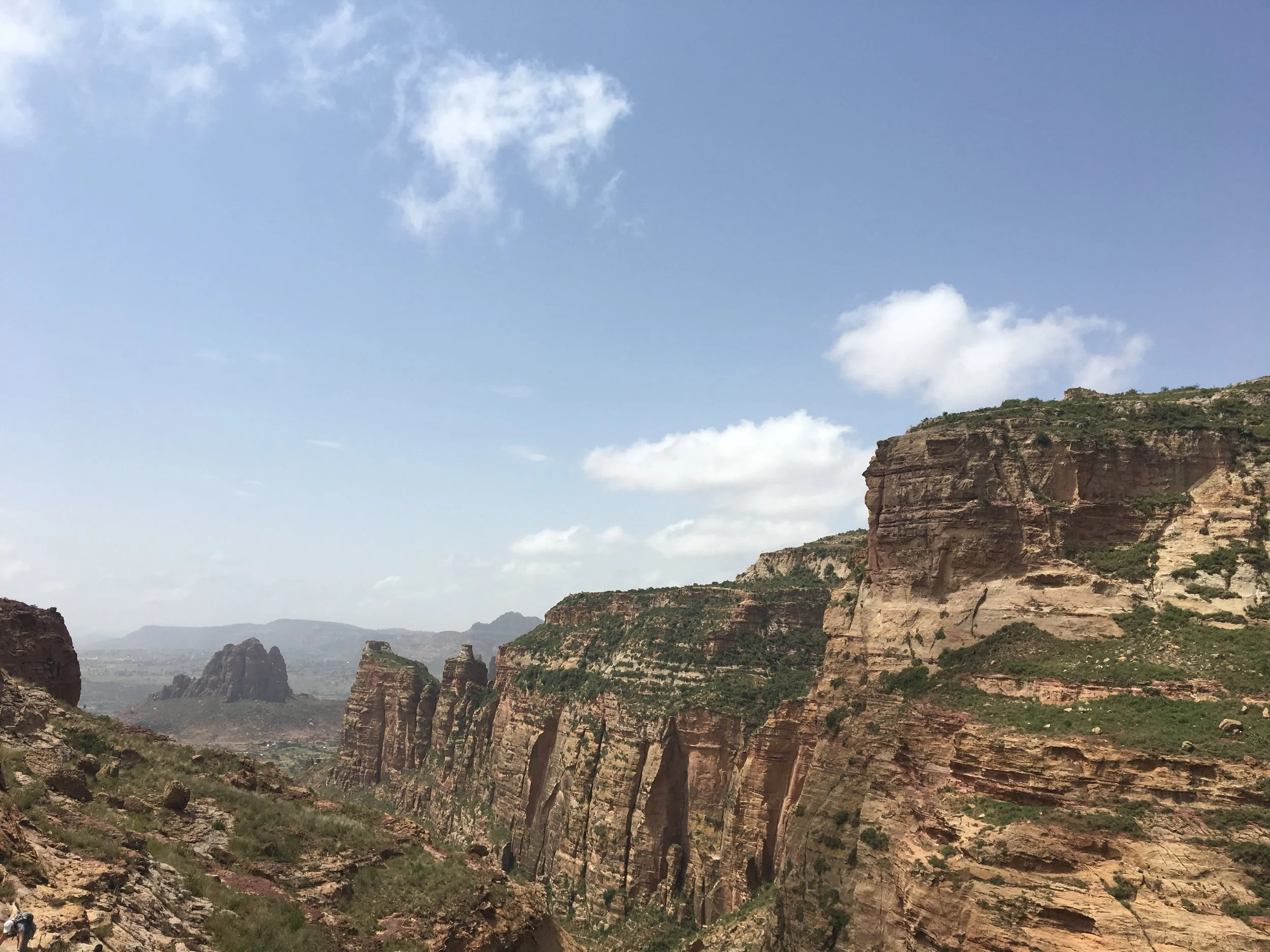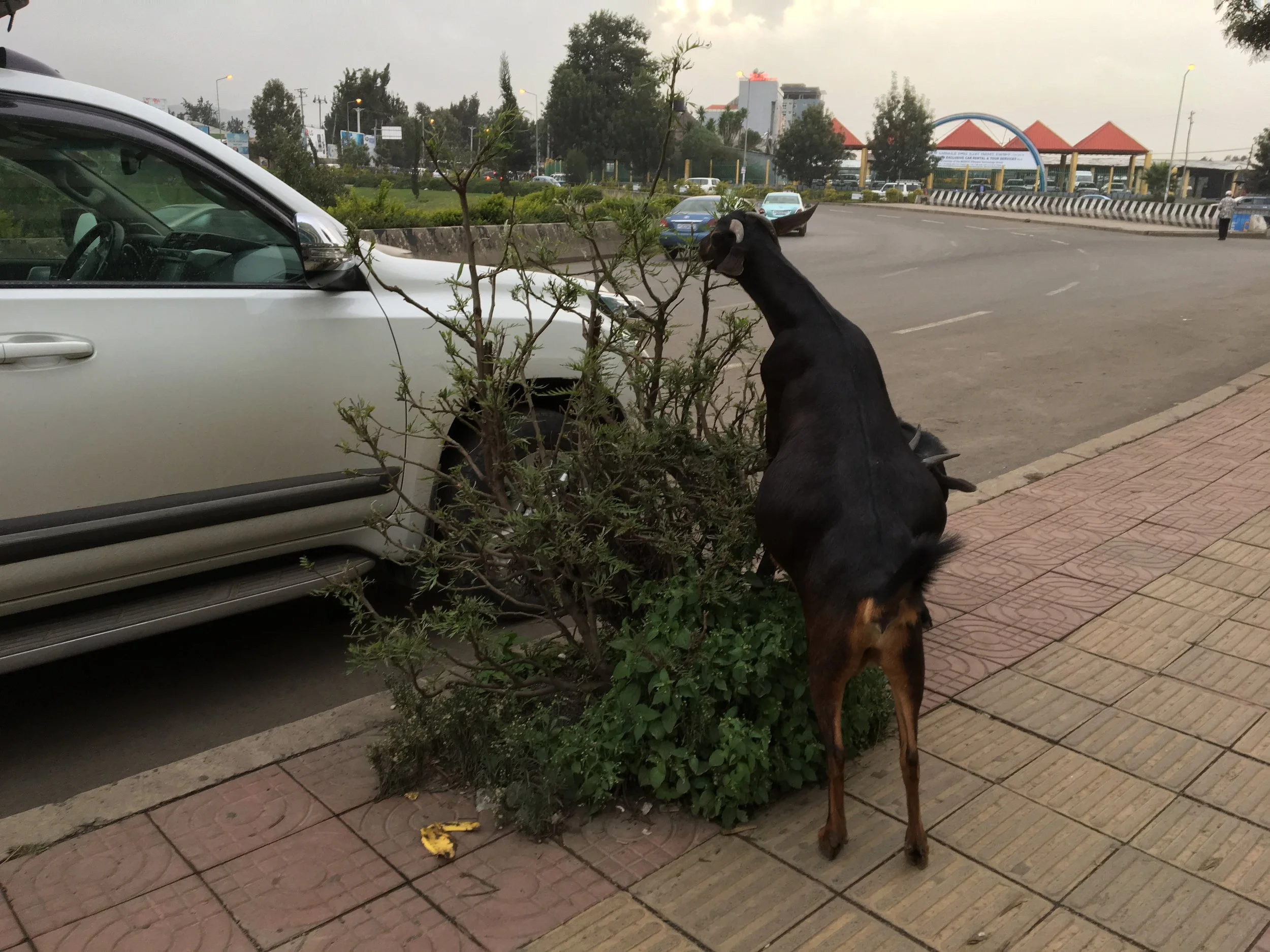Thoughts
On Food
I’ve been thinking a lot about food in Ethiopia and it’s something that I probably have not written about enough. I’m constantly offered something to eat, invited into someone’s home for buna or a meal. And told that I need to eat more, that I haven’t eaten enough. Eat. Bi. The lady I buy fruit from hands me a banana or two to eat while I sit with her in her stall. The lady I buy peanuts from gives me an extra handful. Geta, Melaku, and Aby will break off a piece of hambasha and hand it to me. Eat. Bi. Students offer me handfulls of chickpeas, once an avocado. Mimi, Emoye, and Brike always make sure my plate is full, that I take another piece of injera. Eat. Bi. This is the culture here they tell me. And it’s true, in Ethiopia food is always shared. Eaten communally off the same plate, the same round circle of injera, gathers families together. Another tradition “gorsha” is to lovingly feed someone a bite with your hands. Community is a meal, a sip of buna, a shared piece of bread.
I think about this in relation to the 1984 famine Ethiopia is tragically known for. How truly destructible it must have been for a country where you share the food you have with others. When families didn’t have enough for themselves, let alone to share with their neighbor.
On Death
“In the sweat of thy face shalt thou eat bread, till thou return unto the ground; for out of it wast thou taken: for dust thou art, and unto dust shalt thou return.” (Genesis 3:19)
I’ve been privileged to experience many luxos (funerals/mourning rituals) in my time in Ethiopia. I say privileged in that I’ve been included in such an intimate moment amongst strangers as they share their grief and mourn together. In Ethiopia there is bound to be more death more often.
Most recently I attended a luxo out in a field far from any town or village. Teff had just been harvested and we crossed the barren fields, the ends of the teff where it had been cut crunching under our feet. The dry season brings dust; women shielded their faces behind white scarves bright in the summer sunlight. One woman gave me a scarf to keep the dust out of my hair. I could feel the grits of sand in my teeth.
Another luxo was for the child of one of the staff member’s at my school. We took a minibus out into the fields and then walked up the barren hills to the church where we waited in a grove of eucalyptus and olive trees. We were given water to drink after walking in the high sun. People with donkeys came to collect water from the well to bring to the nearby village on the other side of the hill.


